Building Scalable AI Pipelines with MLOps: A Guide for Software Engineers
ODSC - Open Data Science
OCTOBER 7, 2024
One of the key challenges in AI development is building scalable pipelines that can handle the complexities of modern data systems and models. These challenges range from managing large datasets to automating model deployment and monitoring for performance drift. As datasets grow, scalable data ingestion and storage become critical.

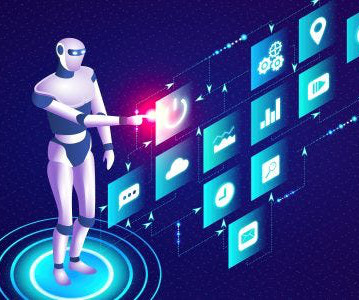
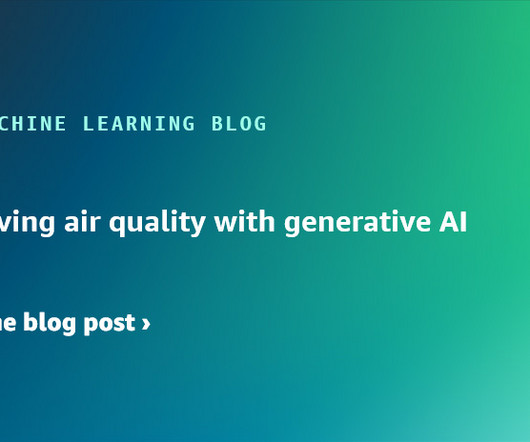
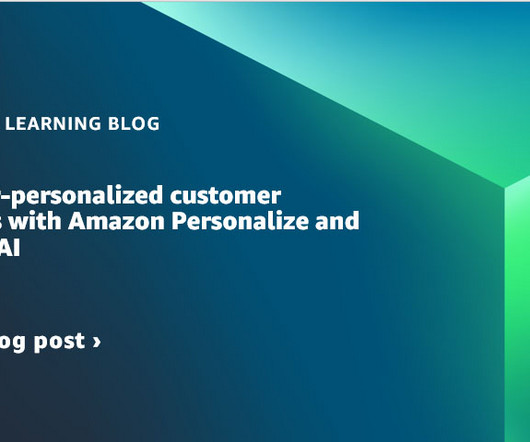
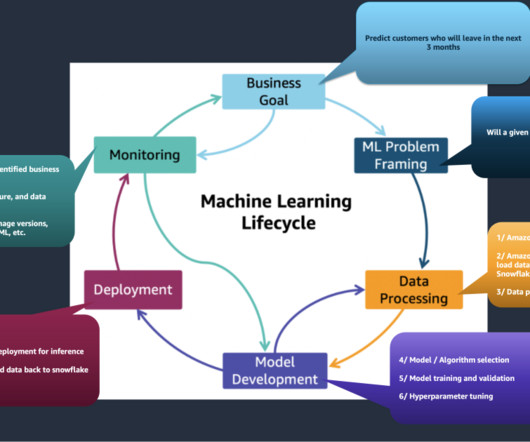

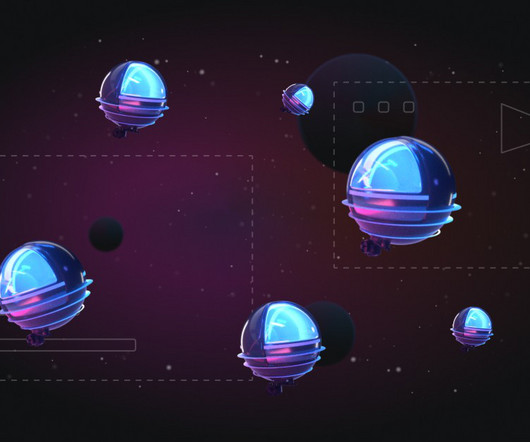
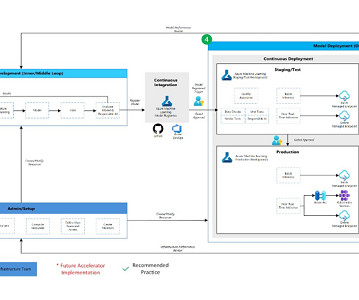




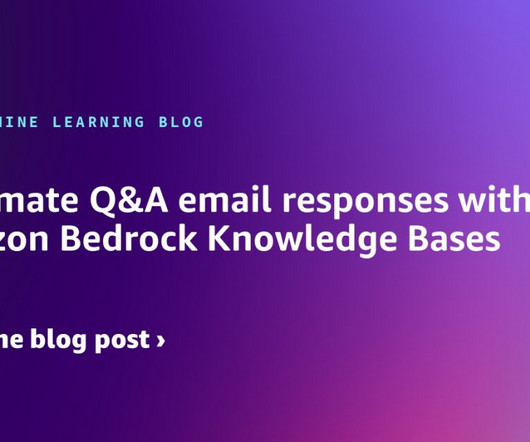
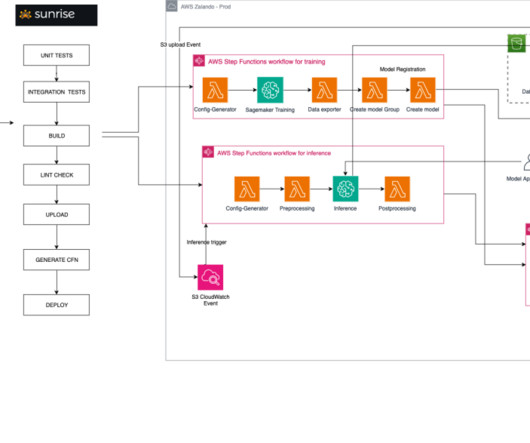
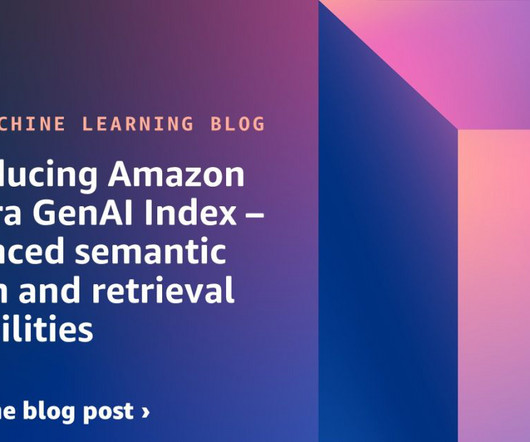






Let's personalize your content